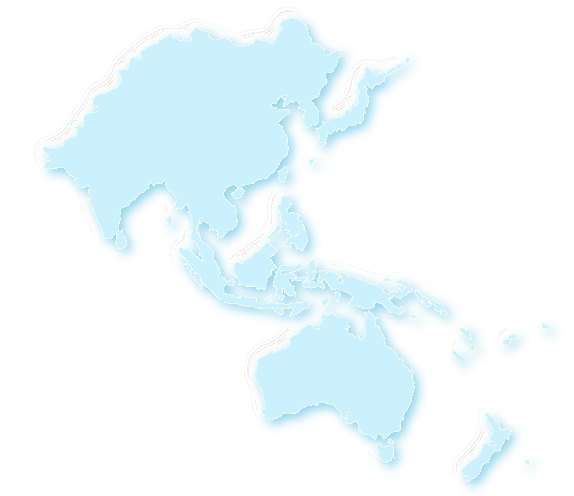Showing results for viiia20 xcept promised slovenia

EU’s Digital Services Act Just Became Applicable: Outlining Ten Key Areas of Interplay with the GDPR
[…] Digital Services Coordinators Member States Media Regulator Belgium, Hungary, Ireland and Slovakia Consumer Protection Authority Finland and the Netherlands Telecoms Regulator Czech Republic, Germany, Greece, Italy, Poland, Slovenia and Sweden Competition Authority Spain The Digital Services Coordinators will be closely collaborating and coordinating with the European Board for Digital Services, which will be undertaking […]

FPF & Dataskydd.net Webinar – Privacy in High Density Crowd Contexts
[…] alphabetical order) Amelia Andersdotter (Dataskydd.net, Member of the European Parliament 2011-2014) Jelena Burnik (Head of International Cooperation and Enforcement at the Information Commissioner of the Republic of Slovenia) Jerome Henri (Cisco, Editor P802E) Kelsey Finch (Future of Privacy Forum) Marit Hansen (State Commissioner for Data Protection Schleswig-Holstein) Rob van Eijk (Future of Privacy Forum) […]

24th Bled eConference & eFuture June 12-15 in Bled, Slovenia
Event Name: 24th Bled eConference; eFuture – Creating Solutions for the Individual, Organizations and Society Date: June 12 – 15, 2011 Location: Bled, Slovenia To access this event’s homepage, click here.

FPF Unveils Paper on State Data Minimization Trends
Today, the Future of Privacy Forum (FPF) published a new paper—Data Minimization’s Substantive Turn: Key Questions & Operational Challenges Posed by New State Privacy Legislation. Data minimization is a bedrock principle of privacy and data protection law, with origins in the Fair Information Practice Principles (FIPPs) and the Privacy Act of 1974. At a high […]

The Curse of Dimensionality: De-identification Challenges in the Sharing of Highly Dimensional Datasets
[…] and privacy budget management. Errors in implementation, such as underestimating sensitivity or mismanaging the privacy budget across multiple queries (due to composition rules), can silently undermine the promised privacy guarantees. Defining the “privacy unit” (e.g., user, query, session) appropriately is critical; misclassification can lead to unintended disclosures. Auditing DP implementations for correctness is also […]

FPF Launches Major Initiative to Study Economic and Policy Implications of AgeTech
FPF and University of Arizona Eller College of Management Awarded Grant by Alfred P. Sloan Foundation to Address Privacy Implications, and Data Uses of Technologies Aimed at Aging At Home The Future of Privacy Forum (FPF) — a global non-profit focused on data protection, AI and emerging technologies–has been awarded a grant from the Alfred […]

What to Expect in Global Privacy in 2025
Next year, in 2026, we will celebrate a decade after the adoption of the GDPR, a law with an unprecedented regulatory impact around the world, from California to Brazil, across the African continent, to India, to China, and everywhere in between. The field of data protection and privacy has become undeniably global, with GDPR-inspired laws […]

Five Big Questions (and Zero Predictions) for the U.S. State Privacy Landscape in 2025
In the enduring absence of a comprehensive national framework governing the collection, use, and transfer of personal data, state-level activity on privacy legislation has been on a consistent upward trend since the enactment of the California Consumer Privacy Act in 2018. With all 50 U.S. states scheduled to be in session in 2025, stakeholders are […]

Asia-Pacific
The Asia-Pacific Team FPF APAC is led by Josh Lee Kok Thong. Since its inception, FPF APAC has committed itself to the furthering of FPF’s global mission in the region, including to foster greater understanding, convergence, and interoperability of data protection and emerging technology regulation in the Asia-Pacific. Featured Asia-Pacific Focused Work Resources Global Offices With […]

Manipulative and Deceptive Design: New Challenges in Immersive Environments
With help from Selin Fidan, Beth Do, Daniel Berrick, and Angela Guo Immersive technologies like spatial computing, gaming, and extended reality (XR) offer exciting ways to experience and engage with the world. However, interfaces for immersive technologies that further blur the lines between the physical and the virtual may also open the door to new, […]
